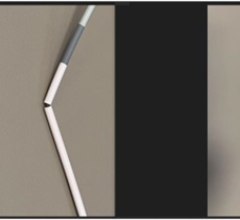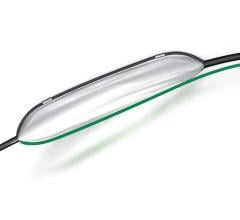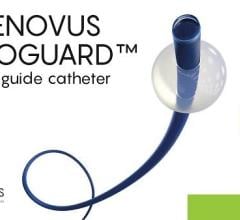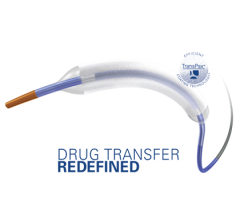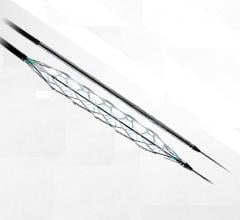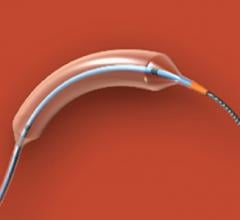September 13, 2017 — Medtronic plc announced that the In.Pact Admiral Drug-Coated Balloon (DCB) received approval from the Japanese Ministry of Health, Labour and Welfare (MHLW) for the treatment of peripheral artery disease (PAD) in the upper leg — specifically, in the superficial femoral arteries (SFA) and popliteal arteries. Before Medtronic can begin commercialization, it must partner with Japanese MHLW to gain reimbursement to ensure broader access to the therapy.
"The In.Pact Admiral DCB has demonstrated superior one-year clinical outcomes in Japan and across Medtronic IN.PACT SFA clinical trials, providing patients with an improved restoration of blood flow and reduced need for additional revascularization compared to plain balloon angioplasty, a current standard of care," said Hiroyoshi Yokoi, M.D., at Fukuoka Sannou Hospital, Japan. "In the IN.PACT SFA Japan Trial, the DCB demonstrated superior patency and lower reintervention rates. I look forward to treating PAD patients in Japan with this durable, consistent, and safe DCB technology."
The MHLW granted approval for the In.Pact Admiral DCB based on the robust clinical data from the IN.PACT SFA Japan Trial (MDT-2113 SFA Japan Trial) led by Osamu Iida, M.D., of Kansai Rosai Hospital, Japan and Yokoi.
The study enrolled 100 patients across 11 sites in Japan and randomized treatment to either DCB (n=68) or plain balloon angioplasty (PTA) (n=32). The results were consistent with one-year findings from the pivotal IN.PACT SFA Trial, showing a consistently low clinically-driven target lesion revascularization (CD-TLR) rate and high patency rate.
IN.PACT Admiral SFA Japan demonstrated 93.9 percent primary patency in the DCB group as compared to 46.9 percent in the PTA group at one year based on Kaplan-Meier Estimate (p<0.001). Additionally, one-year results demonstrated a CD-TLR rate of 2.9 percent for the DCB group compared to 18.8 percent in the PTA group (p=0.012). In IN.PACT SFA Japan, major adverse events were also lower for the DCB at one year (4.4 percent compared to 18.8 percent in the PTA group; p=0.028), with no major target limb amputations.
For more information: www.medtronic.com

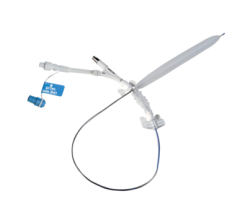
 June 13, 2024
June 13, 2024 
